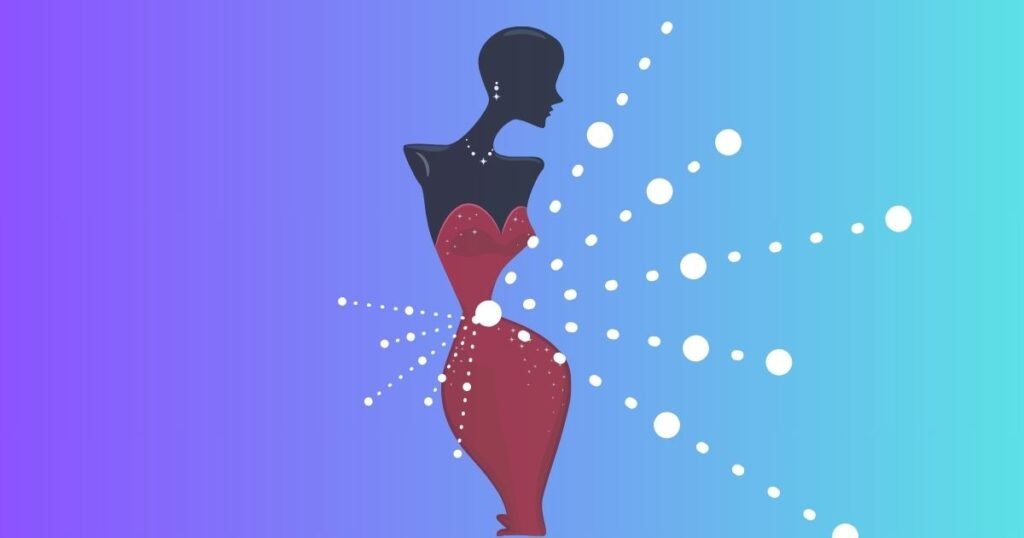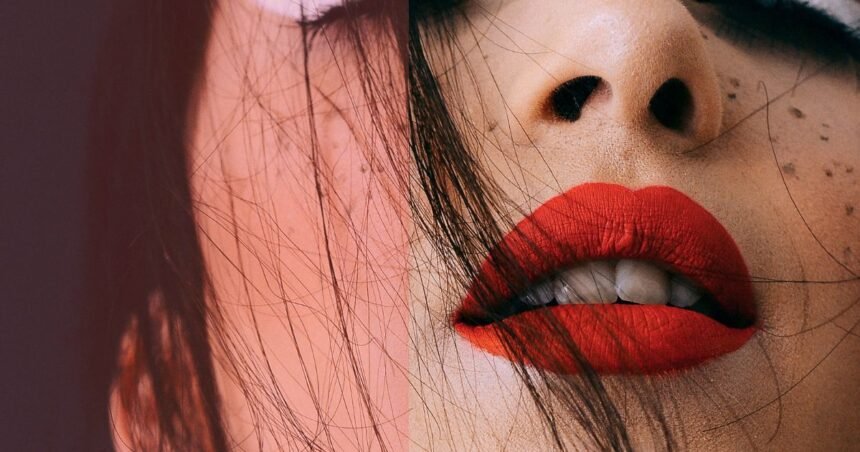Beauty has always been a topic of fascination, debate, and even contention throughout human history. From the ancient Greeks who idolized physical perfection to the modern-day obsession with flawless Instagram filters, the concept of beauty permeates every facet of our lives. But what does beauty truly represent? Specifically, when it comes to women, is their beauty a natural gift, or is it something that society has twisted into a tool of temptation?
The Concept of Beauty in Society
Throughout history, beauty standards have evolved significantly. In the Renaissance era, features like fuller figures and pale skin were celebrated, whereas today, slim physiques and tanned skin are often idealized. Media, fashion, and celebrity culture have played a major role in shaping these shifting ideals. With the advent of social media, these standards have become more widespread, influencing women worldwide, regardless of their culture or ethnicity.

Biological Perspective on Beauty
From a biological perspective, beauty is often linked to signs of health and fertility. Evolutionary psychology suggests that humans are naturally drawn to certain physical traits—such as symmetry, clear skin, and a youthful appearance—because they indicate good genes and reproductive potential. This attraction isn’t about temptation but rather about survival and the instinct to ensure the continuation of the species.
Beauty and Temptation in Religious Texts
Religious teachings have often connected beauty with morality and temptation. In Christianity, the story of Eve in the Garden of Eden portrays her yielding to temptation, with her beauty sometimes symbolizing that allure. Similar themes appear in other religions, where women’s beauty is seen as both a blessing and a potential source of distraction, capable of leading men away from virtuous paths.
Philosophical Debates on Beauty
Philosophers have also grappled with the concept of beauty. Plato, for example, saw beauty as an expression of the divine, an ideal form that transcends the physical. In contrast, later philosophers like Nietzsche critiqued the idea of beauty being tied to morality, arguing that it is society that imposes these connections, not nature itself.
Societal Expectations and Gender Roles
The Objectification of Women
In many societies, women’s beauty is often viewed through the lens of objectification. The male gaze, a term coined by feminist film theorist Laura Mulvey, describes how women are often portrayed as objects of male desire in media and culture. This objectification reduces women to their physical appearance, disregarding their intelligence, talents, and individuality.
Gender Roles and Beauty
Traditional gender roles have also played a significant part in shaping beauty standards. Women have long been expected to maintain a certain appearance to be deemed worthy of love, respect, or even professional success. These expectations reinforce outdated stereotypes, trapping women in a cycle where their value is measured by their looks rather than their abilities or character.
Psychological Impact of Beauty Standards
The Pressure to be Beautiful
The societal pressure to meet beauty standards can be overwhelming, leading to negative psychological effects. Women may feel compelled to alter their appearance through makeup, fashion, or even surgery to fit an ideal that is often unattainable. This relentless pursuit of beauty can result in low self-esteem, body dysmorphia, and other mental health issues.
Beauty, Power, and Influence
While beauty can be a source of power for some women, allowing them to influence and navigate social and professional landscapes, it is also a double-edged sword. The power that beauty grants is often superficial and fleeting, and relying solely on appearance can lead to objectification and a loss of agency.
Are Women Made Beautiful to Lead Us to Temptation? Intersection of Beauty and Influence
Understanding the Temptation Narrative
The idea that women’s beauty is inherently tied to temptation is a narrative that has been perpetuated throughout history. This belief often stems from religious, cultural, and social constructs that have painted women as the “temptress,” using their beauty to lead men astray. However, this narrative overlooks the complexity of human relationships and the fact that attraction is a natural and mutual experience.
Challenging the Temptation Myth
Beauty should be seen as an expression of individuality, creativity, and self-love rather than a tool of temptation. By shifting our perspective, we can appreciate beauty in its many forms without attaching it to moral judgments or societal expectations.
Conclusion
In conclusion, the relationship between beauty and temptation is one that has been shaped by centuries of cultural, religious, and social influences. While beauty has often been viewed as a source of temptation, it is crucial to recognize that this is not an inherent quality of beauty itself. Rather, it is a reflection of the values and beliefs that society imposes. By understanding and challenging these narratives, we can move towards a more inclusive and appreciative view of beauty—one that celebrates diversity and individuality rather than succumbing to outdated stereotypes.
FAQs
Is beauty only skin deep?
Beauty is often seen as more than just physical appearance. True beauty encompasses qualities such as kindness, intelligence, and confidence, which shine through and make a lasting impact.
Can beauty be empowering for women?
Yes, beauty can be empowering when it is embraced as a personal expression of self-love and confidence. However, it becomes disempowering when it is used to conform to societal expectations or as a measure of one’s worth.
How can society change its perception of beauty?
Society can change its perception of beauty by promoting diversity and inclusivity in media and culture. By celebrating different body types, skin tones, and ages, we can create a more accepting and realistic standard of beauty.
Linking beauty to temptation can lead to the objectification of women and perpetuate harmful stereotypes. It can also place undue pressure on women to either conform to or rebel against these expectations, impacting their mental and emotional well-being.
How can we appreciate beauty without objectifying it?
We can appreciate beauty by recognizing it as one aspect of a person’s identity, rather than the defining feature. By valuing people for their character, talents, and contributions, we can foster a more holistic appreciation of beauty.





